CENSORED: The Story of Five Banned Books
When you see a sign that says, “Wet paint, don’t touch,” what do you usually want to do?
More times than not, you’ll touch the paint to see if the sign was telling the truth or not.
This same notion applies to banned books. When you’re told that you can’t read a book that only makes you want to read it even more!
Just to clarify, banning books is a form of censorship of topics ranging from moral, religious or even political ideas. When books are banned, free access to the affected titles is not permitted.
Recently, Pulitzer Prize-winning author Harper Lee announced that she will release a second book that features the main character from To Kill a Mockingbird, the one and only book that she ever published. It’s also one of the most controversial books in our nation’s history. It also inspired us to dive into some of the most enduringly popular-yet-controversial books.
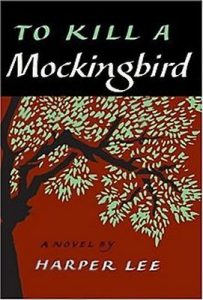
To Kill a Mockingbird – Due to its profanity and racial content, the book was challenged many times and removed from classrooms and school libraries throughout the country. In fact, to this day, To Kill a Mockingbird is not approved in many school districts.
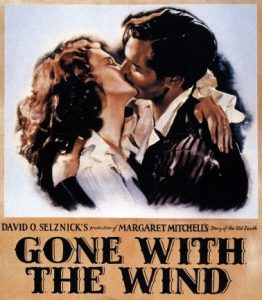
Gone with the Wind – Margaret Mitchell’s Civil War epic was banned from a California school district for its depiction of slaves in the South and the immoral behavior of Scarlett O’Hara. Additionally, the novel was banned and censored for being “offensive” and “vulgar” due to its language and characterization.
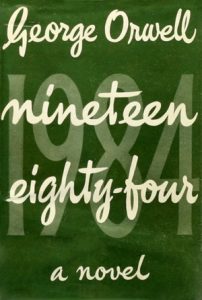
1984 – George Orwell’s 1984 has repeatedly been banned and challenged in the past for its social and political themes, as well as for sexual content. Additionally, in 1981, the book was challenged in Jackson County, Florida, for being pro-communism.
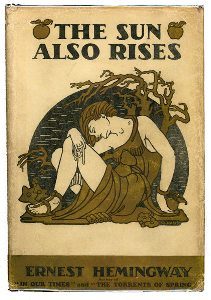
The Sun Also Rises – Many of Ernest Hemingway’s novels have routinely been banned by governments around the world. The Sun Also Rises was banned in various cities around the United States, and was burned along with his other works by Nazi bonfire in Germany in 1933, for “being a monument of modern decadence.”
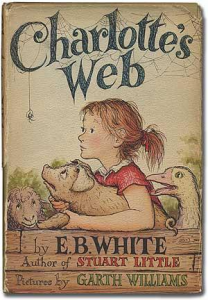
Charlotte’s Web – Shockingly enough, more recently, this seemingly innocent children’s book written by E.B. White was banned in Kansas in 2006 because “talking animals are blasphemous and unnatural;” passages about the spider dying were also criticized as being “inappropriate subject matter for a children’s book.’”
This list encompasses only a fraction of the books that have been banned; we didn’t even begin to touch on The Catcher in the Rye or The Jungle. But just as Dorrance is founded on the belief that the ability to publish should be available to anyone with something to say, we also believe that it’s important for the reader to be able to make his or her own judgment about the content on a book’s pages. Because you can’t judge a novel by a banned book list!
With that being said, we hope that you enjoyed today’s mini lesson of banned literature throughout the years!
